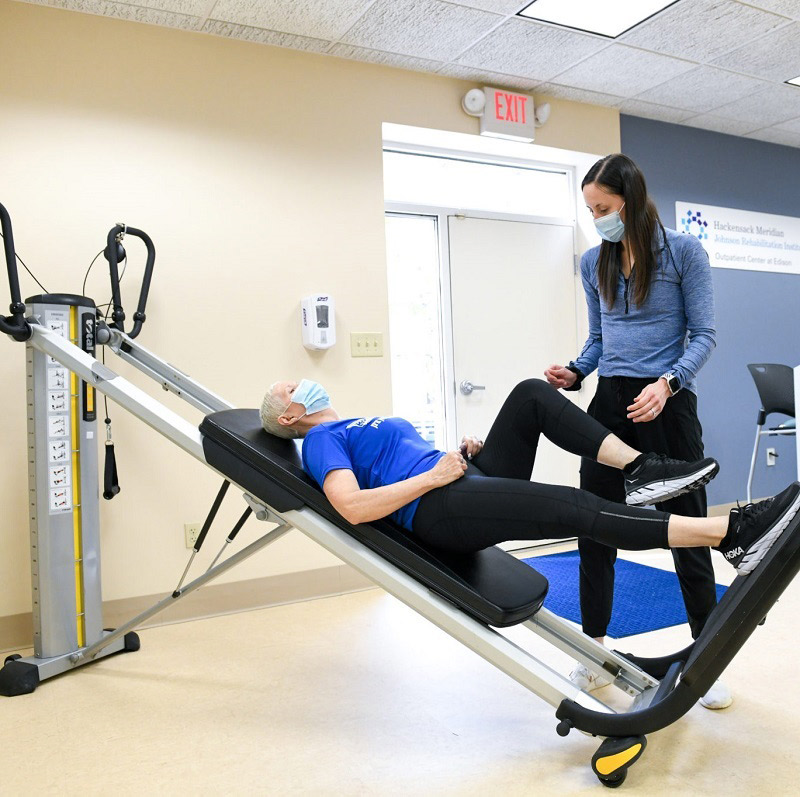Improving Efficiency and Reducing Harm Threat through Thorough Assessment of Equilibrium and Steadiness through Functional Mobility Assessment.
Improving Efficiency and Reducing Harm Threat through Thorough Assessment of Equilibrium and Steadiness through Functional Mobility Assessment.
Blog Article
Equilibrium and steadiness are essential elements of bodily wellness and overall health. They play a vital role in everyday tasks, athletic capability, and injury avoidance. When an person has strong balance and stability, they are less likely to fall or sustain injuries during physical activities. One effective way to assess these qualities is through Functional Movement Screening (FMS). FMS is a tool used to evaluate movement patterns and identify imbalances or weaknesses that could lead to harm.
Functional Movement Assessment includes a sequence of particular tests that assess how effectively a individual functions. The tests concentrate on basic actions such as squat, lunge, and bending. By observing these movements, coaches and healthcare professionals can determine areas where an individual may struggle. For instance, if someone has difficulty maintaining balance while performing a squat, it may indicate a need for specific workouts to enhance power and control. This evaluation not only detects deficiencies but also helps to monitor advancement over a period.
In addition to this to recognizing areas for enhancement, FMS plays a crucial part in avoiding harm. Many injuries occur as a result of poor movement patterns, return to sport therapy which can be identified through practical evaluations. By addressing these issues early on, individuals can lower their likelihood of harm during athletic or other physical activities. For example, a jogger who shows an discrepancy in their gait may be more prone to knee harm. By adjusting these discrepancies through specific training programs, the likelihood of harm can be substantially reduced.
Furthermore, improving capability is another benefit of conducting a thorough evaluation of equilibrium and stability. Athletes and engaged persons often aim to improve their performance in specific activities or exercises. A thorough understanding of their movement styles allows coaches to create personalized training programs that focus on specific weaknesses. By improving equilibrium and steadiness, athletes can click this site enhance their total capability, whether it’s running faster, leaping taller, or executing precise actions in their activity.
In conclusion, the importance of evaluating equilibrium and stability through Functional Motion Assessment cannot be overstated. This comprehensive evaluation serves as a foundation for improving bodily wellness, preventing injuries, and improving sporting performance. By recognizing areas of deficiency and implementing targeted exercise approaches, individuals can achieve better results in their physical activities. Focusing on balance and stability not only results to better performance but also adds to a more wholesome, more energetic way of life.